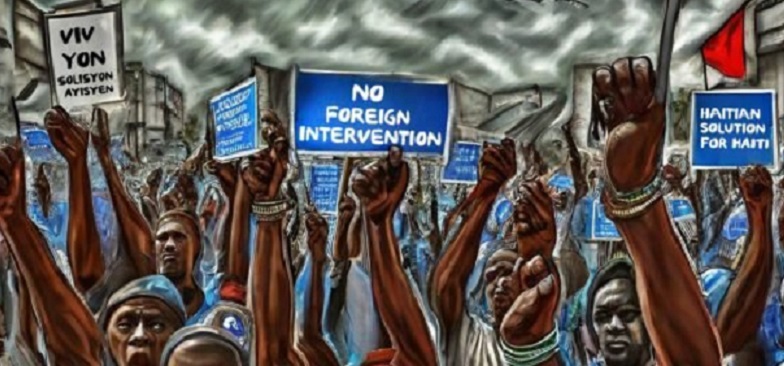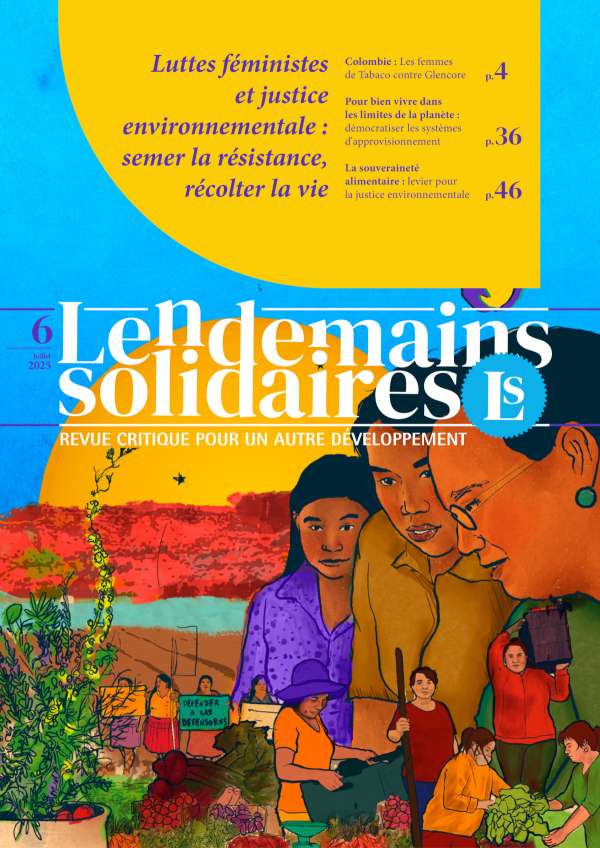CETIM focuses on the promotion and implementation of economic, social and cultural rights (ESCR). They are the backbone of human rights and a powerful tool for achieving a self determinated development model by peoples. This is particularly true for the most vulnerable and marginalised populations. Properly implemented, these rights contribute to the respect for human dignity and to the achievement of social justice. On the contrary, the violation of any of them can jeopardise the enjoyment of all the others.
The universality, indivisibility and interdependence of human rights are enshrined in international instruments. Yet, we are still a long way from their effective implementation for all, and ESCR are among the worst off. Indeed, the basic needs (food, water, health, housing, education) of a third of humanity are still not being met. In some respects, the situation has even deteriorated, including in the countries of the North. This is due to the fact that the policies adopted at economic level accentuate ESCR violations and cause
– increased poverty
– growing inequality across the world
– multiple crises (political, economic, financial, environmental, social and cultural).
By definition, human rights are designed to protect citizens from the arbitrary actions of the most powerful and their governments
The international health crisis linked to COVID-19 has only exacerbated this situation. It has also shown the importance of implementing public policies based on ESCR. In particular, the right to health, the right to housing, the right to food, the right to water, the right to work, the right to education and the right to social security.
But for human rights to be better respected, they must be known, they must be demanded and they must be enforced. However, victims are often unaware of their rights and of the mechanisms available to them for appealing (at national, regional or international level). States, which have an obligation to inform and educate their citizens about human rights, often fail in their duties.
The role played by civil society organisations and social movements in human rights education and training is therefore crucial
– to denounce human rights violations
– to contribute to the implementation of existing standards.
HUMAN RIGHTS COUNCIL 54th session 11 September – 13 October 2023 Chile has a unique water model in the world, based on the privatisation of water sources and water management, which was inherited from the military dictatorship (1973-1990), was deepened during the governments of the transition to democracy and continues to this day. In simple […]
Continue reading
PRESS RELEASE Geneva 4th October 2023 – CETIM and La Via Campesina express concern over foreign intervention in Haiti and demand human rights protection. The 2nd of October 2023, the UN Security Council approved the deployment of an international security force to supposedly fight gang violence and restore security. Social movements and peasants’ organizations have […]
Continue reading
HUMAN RIGHTS COUNCIL 54th session 11 September – 13 October 2023 [Excerpt from the declaration] Following the military takeover of Niger on July 26, 2023, regional institutions and international organizations such as ECOWAS, UEMOA, the AU, the World Bank and the European Union began taking unprecedented measures against Niger and its people. These economic and […]
Continue reading
Participatory workshop in French co-organised with the Centrale sanitaire suisse as part of Alternatiba, on the issue of unequal access to healthcare, here and elsewhere. Open to the public Saturday 2 September. 4pm to 4.45pm, Village des Alternatives, Parc des Bastions, Geneva
Continue reading
HUMAN RIGHTS COUNCIL Workshop on promoting and protecting economic, social and cultural rights within the context of addressing inequalities in the recovery from the COVID-19 pandemic 6-8 February 2023 As part of this debate, we would like to draw your attention to a global scourge about which the Special Rapporteur on contemporary forms of racism […]
Continue reading
« Previous
1
…
4
5
6
7
8
…
45
Next »



